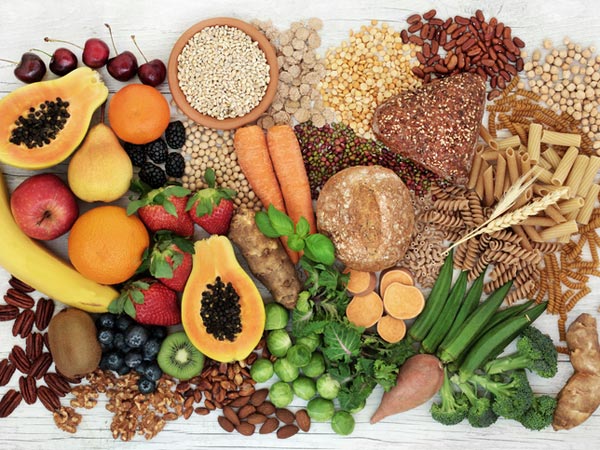A nutrient-rich food contains many vitamins and minerals (also called micronutrients) but not very many calories. Vitamins and minerals nourish your body and help to keep you healthy and reduce your risk for chronic diseases. You can get these micronutrients through a variety of healthy foods, such as fruits, vegetables, whole grains, legumes, nuts and seeds, low-fat and fat-free dairy products, and lean meats and fish. Getting vitamins and minerals through food ensures that your body is able to absorb them properly.
If I don’t get enough nutrient-rich foods in my daily diet?
If you don’t eat a variety of nutrient-rich foods, you may not be getting all the micronutrients your body needs. In fact, Americans tend to eat foods that are high in calories and low in micronutrients. These foods often also contain added sugar, sodium (salt), saturated fat or trans fat. Choosing these high-calorie, low-nutrient foods contributes to weight gain and chronic diseases such as diabetes and heart disease.
Read the rest of this article here…
What might be missing?
According to the U.S. Department of Agriculture (USDA), adult Americans may not get enough of the following nutrients:
Nutrient Food Sources
Calcium Low-fat and fat-free dairy and dairy substitutes, broccoli, dark leafy greens, sardines
Potassium Bananas, cantaloupe, raisins, nuts, spinach and other dark greens, fish
Fiber Legumes (dried beans and peas), whole-grain foods and brans, colorful fruit and vegetables, apples, strawberries, carrots, raspberries, seeds
Magnesium Spinach, black beans, almonds, peas
Vitamin A Eggs, milk, carrots, sweet potatoes, cantaloupe
Vitamin C Oranges, strawberries, tomatoes, kiwi, broccoli, red and green peppers
Vitamin E Avocados, nuts, seeds, whole-grain foods, spinach and other dark leafy greens

